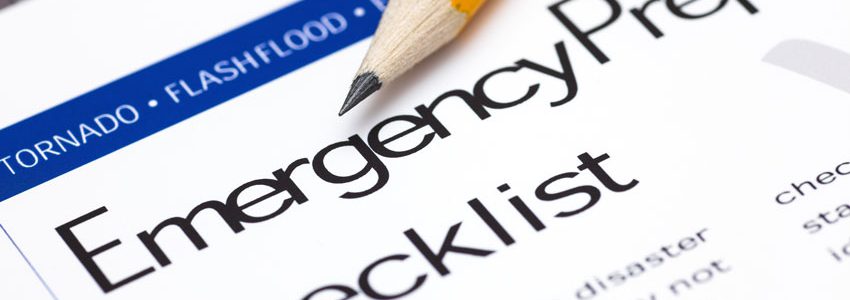It seems we can’t turn on the news without hearing about recent disastrous events capable of creating danger around us. Medical professionals are among the first responders in these situations and we want to thank you for your dedication and service to those in your communities.
But how do you care for others while still ensuring your own safety? If your current location experiences an emergency situation you are encouraged to follow the direction provided by your facility as well as local authorities. If you are working with a staffing agency, be sure to keep your account manager informed! To learn more about tips and preparation visit www.ready.gov. Continue reading to learn what to do should you be on assignment when disaster strikes.
Winter Weather
It’s the holiday season, which means snow and depending on where you are, lots of it! If you find yourself in a serious snow storm, follow these tips:
- Stay off the roads if possible. If trapped, stay in your vehicle. Check out this article on essential items to keep in your car through the winter season.
- Limit time outside, wear layers if you have to go out, and watch for signs of frostbite and hypothermia.
- Use generators outside and away from the windows to avoid risks related to carbon monoxide.
- Never heat your home with a gas oven or stove.
- Reduce the risk of heart attack and don’t over exert yourself while shoveling.
Wildfires
Wildfires catch fast and unexpectedly in forests, grasslands, and prairies. Whether they are sparked by natural or human causes, in the right conditions can spread fast… up to 20 mph fast. Follow these tips to safety:
- Evacuate immediately when authorities tell you to do so.
- If trapped, call 911, provide your location, and turn on light or flashlight so they can find you.
- Listen to EAS, NOAA Weather Radio, or local alerting systems.
- If you are not ordered to evacuate, stay inside and away from smoke or building where smoke levels are low.
Power Outages
This may not seem like a danger situation, but if you are in a remote area and experience a long power outage your situation can become very serious quickly. Review the following tips to keep you out of the dark:
- Keep freezers and refrigerators closed. Food will be kept cold for approximately four hours and remain frozen for close to 48 hours.
- Keep dry food that does not require refrigeration.
- Use outside generators at least 20 feet away from windows.
- Go to a community or alternate location if heat or cold is extreme.
Nothing is more important than your safety! Follow the instructions of local officials, work with your facility, and keep your staffing agency informed. Wishing you happy and safe travels!!
Kevin Bradley is a Social Media Recruiter for the Imaging division of Aureus Medical Group.

